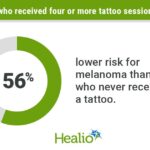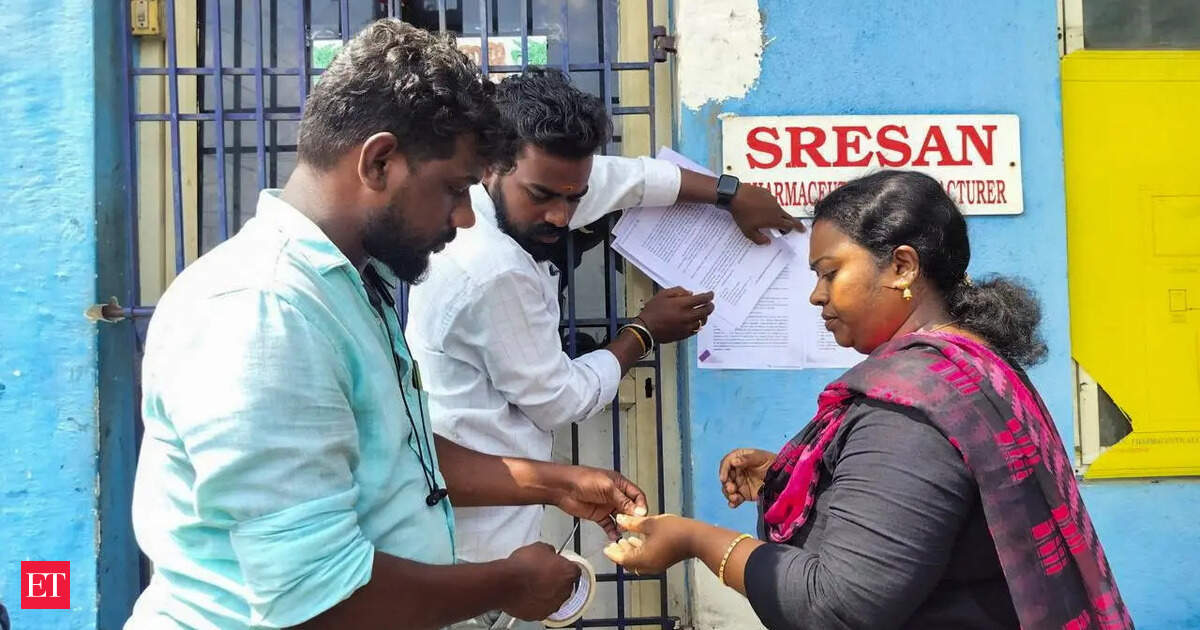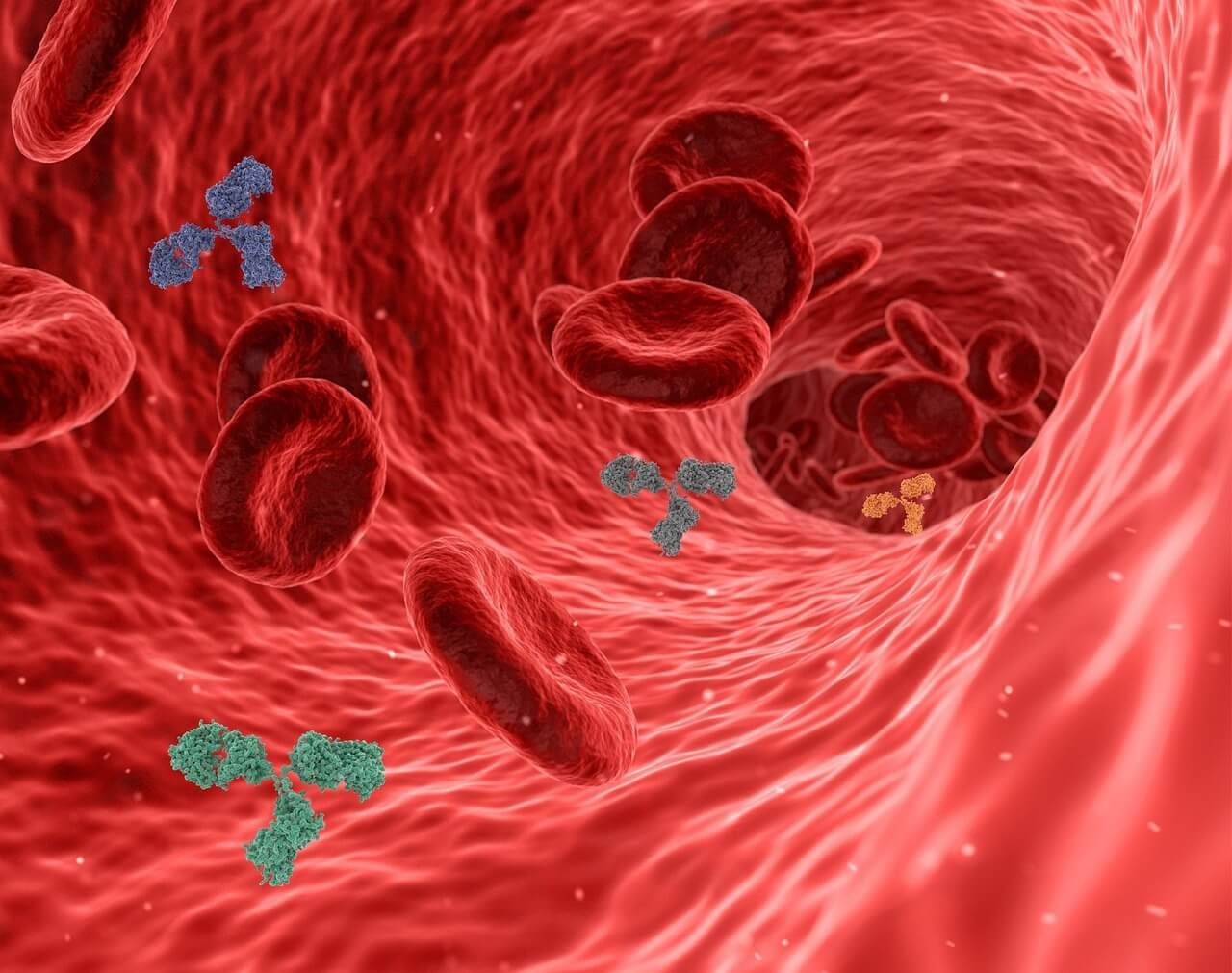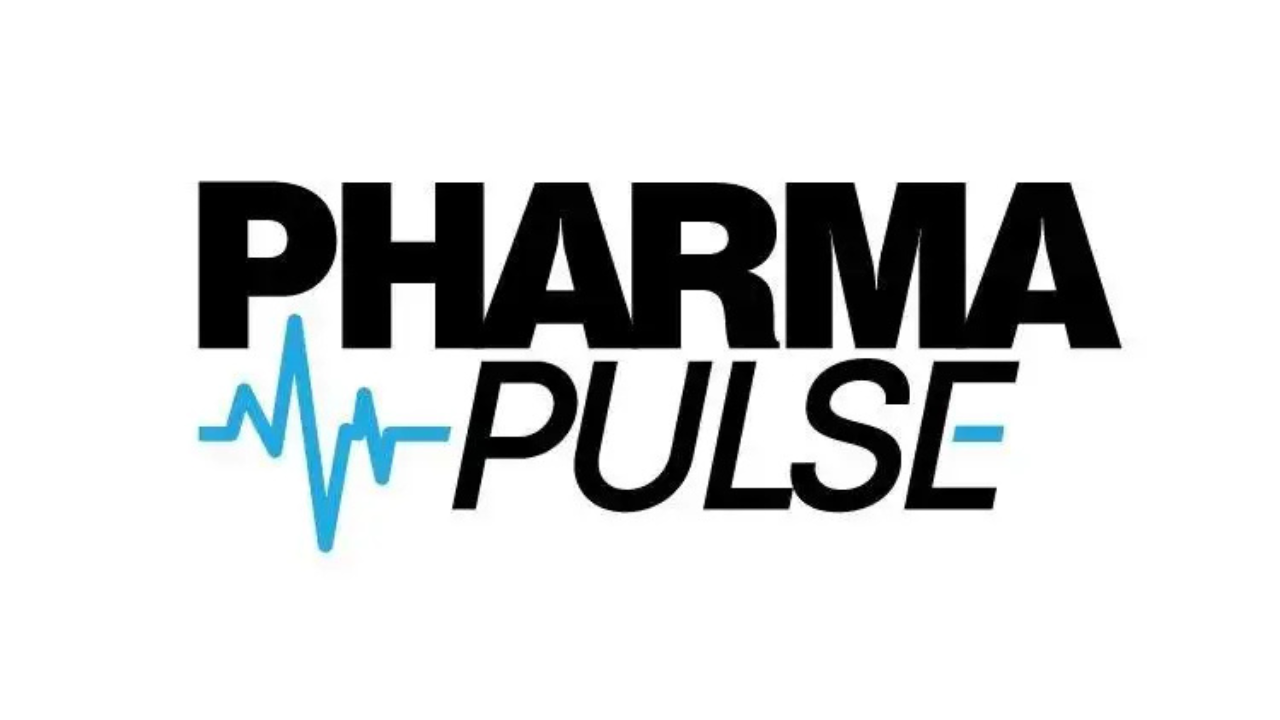When it comes to vaccines, the data is precise: they save lives, prevent disease, and protect public health. But data alone doesn’t win hearts and minds. The public is bombarded with misinformation online, and anti-vaccine voices are skilled at emotional persuasion. Where is pharma’s response?
So far, it’s been too quiet. And that silence is a mistake.
Why DTC Needs to Step In
Pharma marketers understand that direct-to-consumer (DTC) campaigns are not just about driving prescriptions—they’re about shaping perceptions. Right now, vaccine confidence is fragile, and the industry is leaving a critical gap unaddressed. If we can devote billions to TV spots for oncology drugs or GLP-1s, why can’t we allocate meaningful resources to defend one of the most important innovations in modern medicine?
This is the moment for DTC to do what it does best:
- Build trust by humanizing science with real patient and physician stories.
- Disarm complexity by explaining how vaccines are developed and monitored in simple, relatable terms.
- Counter misinformation with fact-based but emotionally resonant messaging.
- Demonstrate commitment to public health, not just profits.
The Risk of Silence
If pharma marketers don’t fill this void, others will. And the “others” aren’t always credible. The absence of pharma’s voice allows skepticism and fear to dominate the conversation. Worse, it positions the industry as reactive rather than proactive—an image problem that will only deepen public distrust.
As marketers, we know that perception drives behavior. A hesitant parent who delays a child’s vaccine isn’t making a purely data-driven decision; they’re making an emotional one. That’s precisely why our messaging is so important.
Overcoming the Barriers
Yes, compliance teams will raise concerns. Yes, vaccines are politically charged. But when did pharma marketing ever come without challenges? The industry has navigated an increasingly stringent regulatory landscape while still finding innovative and effective ways to reach consumers. We’ve built DTC strategies around sensitive categories before—this is no different.
The real risk isn’t backlash. It’s doing nothing.
A Call to Action
Pharma marketers need to stop waiting for someone else—whether public health agencies or advocacy groups—to carry this burden. We have the resources, the talent, and the platforms to educate and reassure the public.
This isn’t about promoting a single brand. It’s about protecting the reputation of our industry, demonstrating leadership, and ensuring public health safety.
If we don’t step up, who will?









